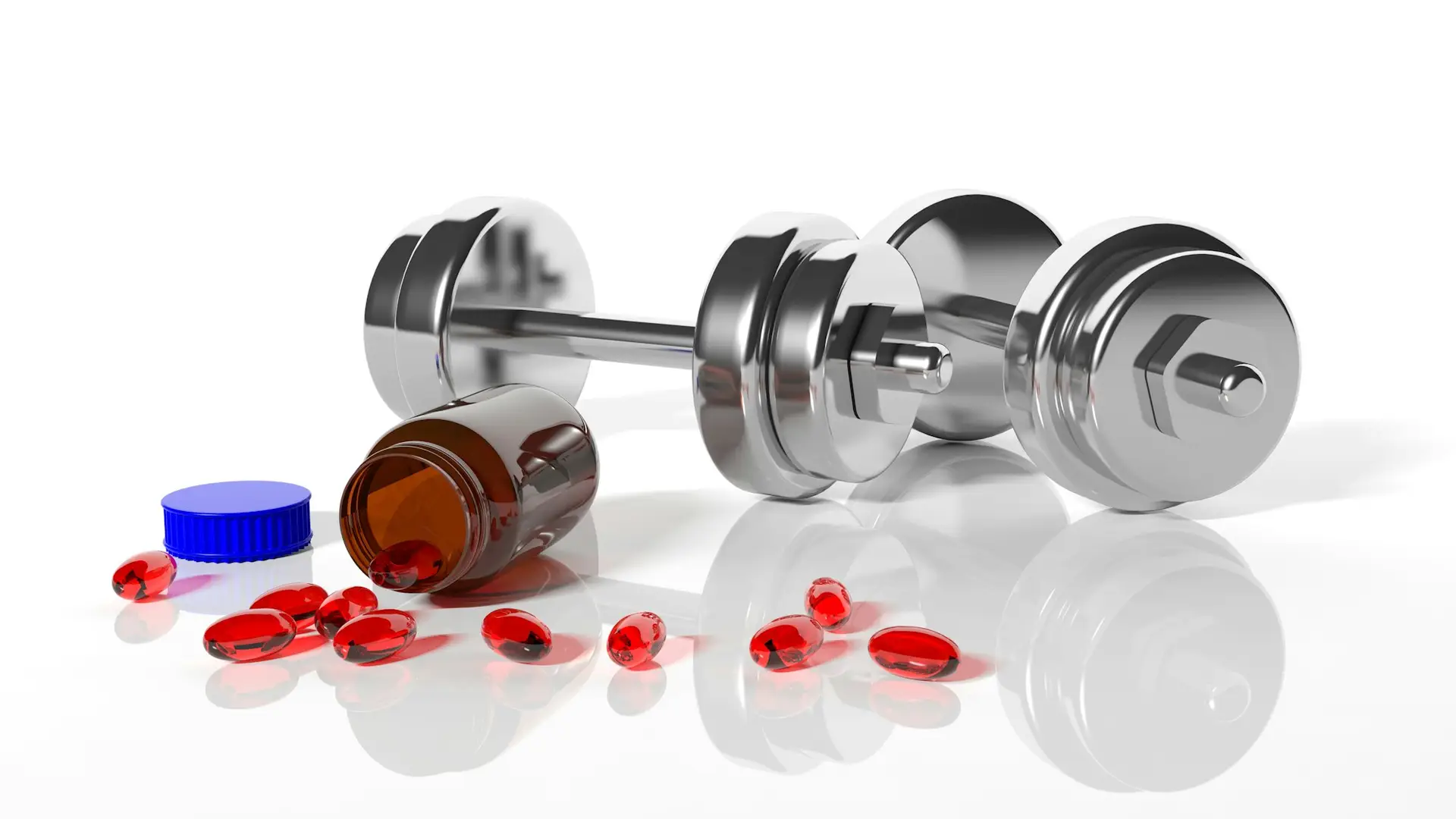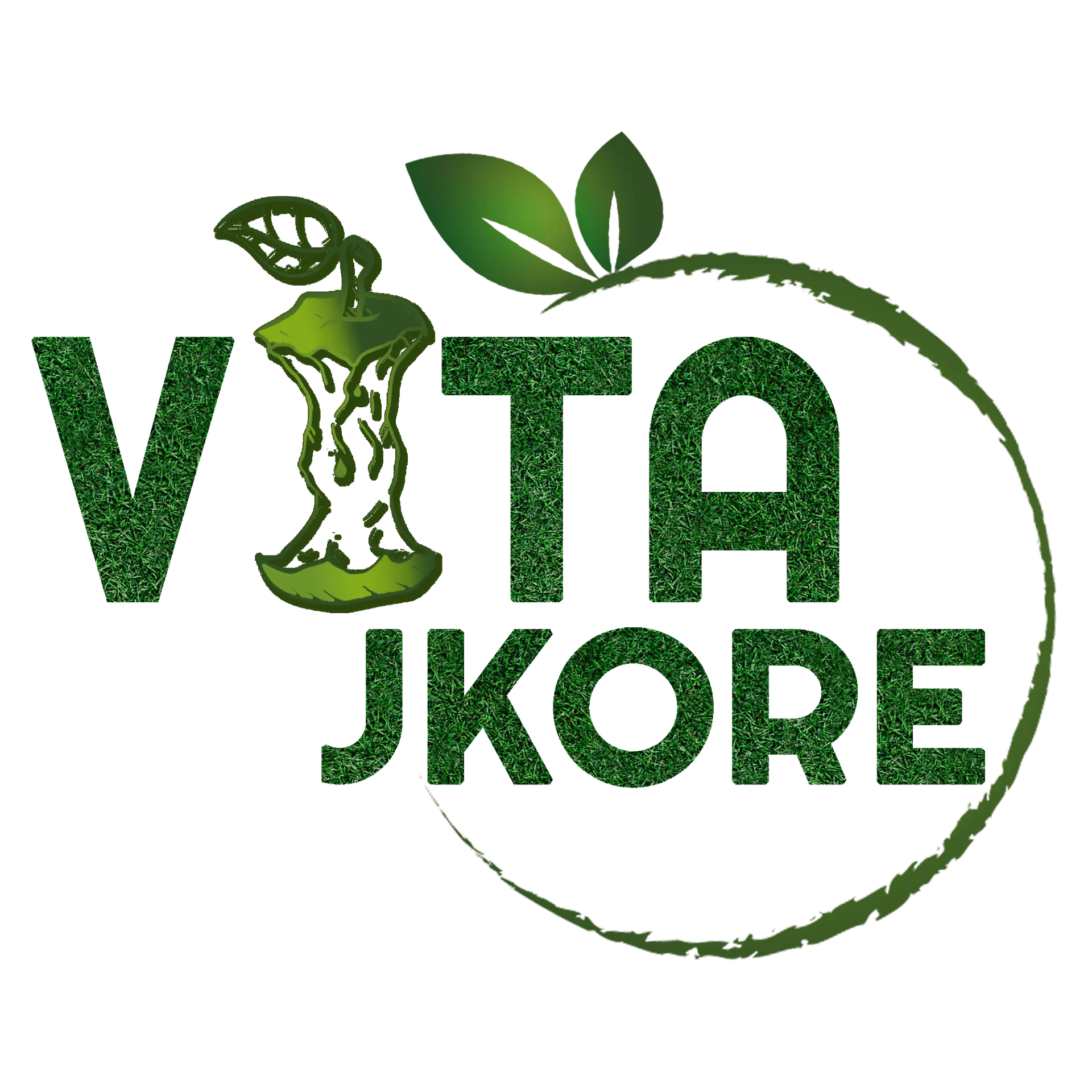Embarking on a fitness journey often means exploring the world of dietary supplements, and finding the best supplements for muscle growth can become an integral part of fueling your body’s potential [1]. These potent aids are crucial not just for the everyday gym enthusiast but are particularly pivotal for those aiming to sculpt a physique worthy of competition [2]. The boom in the pre-workout supplement market, estimated at $13.98 billion in 2020 with expectations to surge by 2027, reflects the growing demand for products that promise enhanced performance and muscle gains [3].
However, while fitness gurus might hail the virtues of products packed with amino acids, protein, and compounds like CoQ10 for explosive muscle growth, remember these supplements are not vetted by the FDA prior to hitting the shelves [3]. Therefore, it’s essential to do your homework, researching ingredients and consulting with a physician to integrate these supplements safely into your daily regimen [3]. This article will navigate through the sea of muscle builder supplements, highlighting the best gym supplements that are backed by science and favored in the fitness community.
Understanding the Role of Supplements in Fitness
When you hit the gym hard, it’s not just the weights that matter; what you fuel your body with post-workout is equally significant. Here’s why supplements are more than just a fitness fad:
- Glycogen Replenishment: After you’ve depleted your energy stores through strenuous activity, carbohydrates are your best ally. They help restore glycogen levels to keep your muscles ready for the next challenge [3].
- Muscle Repair and Growth: Protein isn’t just a buzzword in the fitness community; it’s the building block of muscle repair. When you consume protein within 24-36 hours post-exercise, you’re giving your muscles the necessary tools for recovery and growth [3].
But supplements go beyond just carbs and protein. They’re often packed with ingredients designed to take your performance up a notch:
- Amino Acids and Creatine: These are the secret weapons for endurance and strength, helping to improve recovery and increase muscle mass [4].
- Caffeine: It’s not just for your morning wake-up call; caffeine is a powerful ergogenic aid that can boost your energy levels and focus during workouts [4].
In 2016, the sports nutrition supplements market hit a whopping $5.67 billion, signaling a massive interest in these performance enhancers [4]. From college students to military personnel, the use of dietary supplements for bodybuilding and boosting athletic performance is widespread [4].
Yet, it’s important to remember that supplements are most effective when they complement a nutritionally adequate diet. Here’s what you need to consider: - Balanced Diet Foundation: Before you think about supplements, ensure your daily intake of calories, fluids, carbs, proteins, fats, vitamins, and minerals is on point [4].
- Supplement Smartly: Choose supplements that address your specific fitness goals and dietary needs. Whether it’s muscle building, endurance, or weight loss, tailor your supplement strategy accordingly [5].
- Consultation is Key: Always talk to a healthcare provider before starting any new supplement regimen, especially if you’re on prescription meds [7].
Remember, while supplements can be beneficial, they’re not cure-alls. Starting with low doses and monitoring for any side effects, like nausea or dehydration, is vital [7]. Your goal should be to bridge nutritional gaps and support your diet, not replace it [5][6].
Keep in mind that nutrition significantly impacts your performance, energy levels, recovery, and overall health [6]. So, make sure your plate is as well-prepared as your workout plan.
Key Supplements for Enhancing Physical Performance
When you’re aiming to enhance your physical performance and muscle growth, incorporating the right supplements into your routine can make a significant difference. Here are some key supplements that have been shown to be effective:
- Creatine: This powerhouse supplement is well-researched and has been consistently shown to support muscle growth and strength gains. By increasing intramuscular creatine concentrations, creatine improves exercise performance and can even enhance training adaptations [8][9]. For those looking to get the most out of their creatine supplementation, a loading phase of 20 grams daily for four to five days, followed by a maintenance phase of 1 to 2 grams daily, is recommended [7].
- Protein Supplements (Whey, Casein, BCAAs): Protein is the cornerstone of muscle repair and growth. Whey protein, in particular, is rapidly digested and absorbed, making it ideal for stimulating muscle protein synthesis. Casein protein, on the other hand, digests more slowly, providing a steady stream of amino acids over time. BCAAs (Branched Chain Amino Acids) are crucial for reducing muscle breakdown during exercise and improving strength, power, and endurance, especially for endurance workouts [2][10][12][13].
- Beta-Alanine: This supplement works by increasing carnosine levels in muscles, which helps buffer lactic acid and delay fatigue. It’s particularly beneficial for those engaging in high-intensity exercises and looking to improve their muscular endurance [8][12].
For a quick summary of effective supplements and their benefits:
- Creatine Monohydrate: Increases strength, power output, and lean mass during resistance exercise [12].
- Whey Protein: Aids in muscle repair and recovery, leading to greater increases in muscle mass and strength [7].
- Casein Protein: Provides a slower release of amino acids for sustained muscle nourishment [1].
- BCAAs: Stimulates muscle protein synthesis and reduces cognitive fatigue during prolonged exercise [13].
- Beta-Alanine: Improves exercise performance by buffering hydrogen ions, delaying fatigue [12].
In addition to these core supplements, consider incorporating the following for overall performance enhancement:
- Omega-3 Fish Oil: Known for supporting a healthy inflammation response post-exercise, it can help with muscle soreness and recovery [12].
- Beetroot Juice: Its high levels of nitrates may improve blood flow and reduce muscular fatigue during high-intensity exercise [14].
- Caffeine: A well-known stimulant that increases alertness and can reduce the perception of effort during workouts [12][7].
- Tart Cherry Juice: May speed up recovery from strength training, reduce muscle damage and inflammation [7].
Remember, while supplements can provide an extra edge, they should be used to complement a well-balanced diet and a solid training regimen. Always consult with a healthcare provider before starting any new supplement to ensure it’s right for your individual needs and health status [7].
The Science Behind Supplementation and Exercise
Exploring the scientific landscape of supplements and exercise reveals fascinating insights into how these aids can enhance your fitness journey. Let’s dive into the research-backed benefits and considerations:
- Creatine for Muscle Energy: Creatine monohydrate isn’t just a buzzword; it’s a supplement that can significantly boost your muscle’s energy reserves. By increasing the phosphocreatine/creatine ratio in your muscles, creatine helps you rapidly resynthesize ATP during high-intensity workouts, giving you the ability to push harder and recover faster [15].
- Muscle Growth Mechanics: Ever wonder why muscles seem bigger after starting creatine? It’s not just about size; it’s science. Creatine leads to water retention in muscle tissue, and this increased osmotic pressure can cause muscle cell swelling—a signal for growth and repair [15].
- Environmental Factors: Keep in mind, your workout environment matters. Exercising in the heat can reduce the effectiveness of many supplements. This is a reminder to stay updated with research, especially if you’re training in hot climates, as current guidelines may not suffice [16].
Here are some additional points to consider when selecting supplements to support your exercise routine: - Beyond the Basics: While glutamine and carnitine might not significantly impact muscle growth, don’t overlook the importance of vitamin D for muscle health, especially if you’re training indoors or living in northern climates [17].
- Brain and Body Connection: Did you know that coffee is more than just a pick-me-up? It’s also a brain nutrient, potentially reducing the risk of neurodegenerative diseases and improving overall brain health. Similarly, omega-3s are not only good for your heart but also play a role in brain health and concussion prevention [17].
- Minerals for Muscle: Magnesium is a powerhouse mineral for regulating hormones and enhancing muscle performance. It’s time to give it the attention it deserves, potentially even more so than zinc, for its role in hormone balance and muscle function [17].
Incorporating these insights into your supplement strategy can help optimize your exercise outcomes. Remember, it’s not just about loading up on supplements; it’s about making informed choices that align with your fitness goals and overall health. Always consult with a healthcare professional before starting any new supplement regimen [15][16][17].
Supplementation Strategies for Optimal Results
To optimize your supplementation strategy for muscle growth and recovery, it’s important to consider the timing, quantity, and type of supplements you’re taking. Here are some practical tips to help you get the best results:
- Protein Intake: Aim for 1.2-1.5 grams of protein per pound of body weight each day to support muscle growth and recovery. High-quality protein sources like whey, casein, and plant-based proteins should be your go-to options [8].
-
- Upon waking: 20 grams of Whey Protein [1]
- Post-workout: Mix Whey with Casein for a balanced recovery shake [1]
- Before bed: 20 grams of Casein Protein to nourish muscles overnight [1]
- Creatine Supplementation:
-
- Loading phase: 20 grams per day for the first 5-7 days, divided into 4-5 servings with meals [1]
- Maintenance phase: 1-5 grams before and after workouts to sustain creatine levels [1]
- BCAA and Beta-Alanine Dosing:
-
- BCAAs: 5 grams upon waking, within 30 minutes of starting workouts, and within 30 minutes after workouts to support muscle protein synthesis and reduce fatigue [1]
- Beta-Alanine: 2-5 grams per day, split into multiple doses, to help increase muscle carnosine levels and improve endurance [8]
- Carbohydrate Timing:
-
- Fast Carbs: Consume 40-60 grams within 30 minutes after completing workouts to quickly replenish glycogen stores [1]
It’s crucial to evenly distribute your protein intake throughout the day, including a serving post-workout to aid in muscle repair and growth [8]. Protein supplementation has been shown to increase muscle size and improve resistance training outcomes, particularly in individuals already engaged in activities like weight lifting [19]. Moreover, protein powders or shakes can be especially useful for active individuals, as well as vegans and vegetarians, to meet their protein requirements [11]. Older adults may also find supplements beneficial in preventing muscle loss [11].
Remember, while supplements can significantly support muscle gain, they should not replace a well-rounded diet rich in whole foods [11]. By following these strategies, you can ensure that your supplementation regimen is effectively supporting your fitness goals.
- Fast Carbs: Consume 40-60 grams within 30 minutes after completing workouts to quickly replenish glycogen stores [1]
Conclusion
Throughout this exploration of muscle-building supplements, we’ve underscored the vital role that these performance enhancers can play in augmenting your fitness regimen. Whether it be the quickened muscle recovery promoted by protein, the energy boost from creatine, or the endurance afforded by beta-alanine, each supplement brings a unique benefit to your training table. As we’ve established, the strategic use of supplements, when paired with a nutritious diet and rigorous exercise routine, can lead to significant gains in muscle mass and strength.
However, remember that supplements are companions, not substitutes, for balanced meals and a healthy lifestyle. Consultation with healthcare professionals and a commitment to understanding your body’s needs remain paramount. For those ready to take the next step in enhancing their workout results, consider browsing VITA JKORE for all your supplement needs. By applying the strategies discussed, you can navigate the journey towards achieving your utmost fitness potential with confidence and clear direction.
FAQs
What is the key supplement for muscle development?
Creatine stands out as the most researched supplement for its effectiveness in enhancing muscle mass. Studies indicate that supplementing with creatine can lead to muscle mass increases within a mere 4-week period. To optimize results, it’s common to follow a creatine loading protocol.
What essential nutrient should I focus on for increasing muscle size?
Protein is the fundamental nutrient for muscle repair and growth, making it crucial for those aiming to increase muscle size. The recommended protein intake for muscle building is between 1.6 and 2 grams per kilogram of body weight each day.
What are the main factors for successful muscle gain?
To effectively build muscle, adhere to the 5 Essentials of Muscle Building: consume more calories than you expend, progressively increase the weight you lift, ensure adequate recovery time, incorporate more protein into your diet, get plenty of rest, maintain consistency in your routine, and choose the right supplements to support your goals.
Which activity is most effective for stimulating muscle growth?
Resistance training is the most effective method for encouraging muscle growth. This includes exercises using free weights, weight machines, resistance bands, or even your own body weight. It is recommended to engage in resistance training two to three times a week, allowing sufficient recovery time for muscles to grow.
References
[1] – https://www.muscleandfitness.com/supplements/build-muscle/ultimate-beginner-s-guide-supplements/
[2] – https://blog.nasm.org/supplements-for-muscle-growth
[3] – https://www.hsph.harvard.edu/nutritionsource/workout-supplements/
[4] – https://ods.od.nih.gov/factsheets/ExerciseAndAthleticPerformance-HealthProfessional/
[5] – https://www.trainerize.me/articles/the-role-of-supplements-in-your-fitness-journey/
[6] – https://martinswellness.com/blog/post/guide-to-supplements-for-fitness
[7] – https://www.bodylogicmd.com/blog/what-are-the-best-supplements-for-athletes/
[8] – https://www.forbes.com/health/supplements/best-supplements-for-muscle-growth/
[9] – https://www.ncbi.nlm.nih.gov/pmc/articles/PMC5469049/
[10] – https://www.healthline.com/nutrition/supplements-for-muscle-gain
[11] – https://www.verywellfit.com/best-supplements-for-muscle-gain-7511291
[12] – https://www.bodybuilding.com/fun/the-5-best-supplements-for-increased-athletic-performance.html
[13] – https://www.iherb.com/blog/best-sports-supplements-2023/1787
[14] – https://www.cleaneatingmag.com/clean-living/fitness/9-supplements-to-boost-your-athletic-performance/
[15] – https://www.ncbi.nlm.nih.gov/pmc/articles/PMC8949037/
[16] – https://link.springer.com/article/10.1007/s40279-021-01500-2
[17] – https://simplifaster.com/articles/top-10-supplements-for-speed-and-power/
[18] – https://journals.humankinetics.com/view/journals/ijsnem/28/2/article-p178.xml
[19] – https://www.verywellhealth.com/supplements-for-muscle-growth-8303073
check our supplements at: https://vitajkore.com


